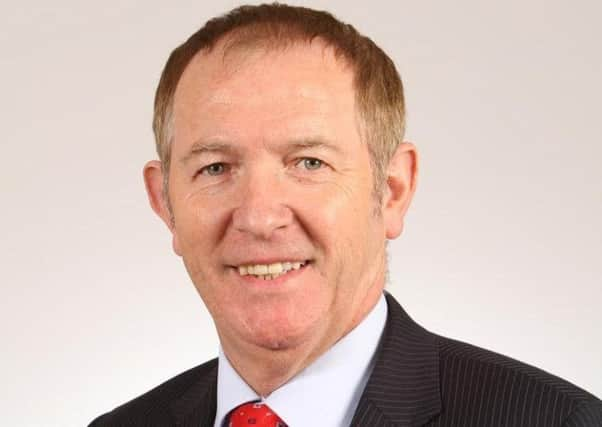Guest column: Child poverty is blighting young lives


That means that nearly a quarter of children in a classroom come from a home that is struggling to make ends meet.
Growing up in poverty means being cold, going hungry and not being able to join in activities with friends.
Child poverty also has long-lasting effects.
Advertisement
Hide AdAdvertisement
Hide AdBy 16, children receiving free school meals achieve 1.7 grades lower at GCSE than their wealthier peers. Leaving school with fewer qualifications translates into lower earnings over the course of a working life.
Poverty is also related to more complicated health histories over the course of a lifetime, again influencing earnings as well as the overall quality – and indeed length – of life.
Professionals live, on average, eight years longer than unskilled workers.
Many families are facing financial hardship because of Universal Credit delays, errors and fluctuating payments, and I believe Universal Credit is causing real suffering to our communities.
Advertisement
Hide AdAdvertisement
Hide AdA recent report by the Resolution Foundation found the design of Universal Credit was not fit for purpose and specifically warned that single parents would be hard hit by the reforms.
It is not fair that prices are rising but children’s benefits are remaining frozen, families are having to make hard choices about what they are going without.
It is not acceptable that in 2018 we have so many young people growing up in poverty.
I will be working with agencies locally to see what can be done in Rother Valley while pressuring the Government to move away from austerity which is causing so much pain.
The NHS continues to face an unprecedented winter crisis.
Advertisement
Hide AdAdvertisement
Hide AdDespite the brilliant efforts of NHS staff, statistics published by NHS England in January reveal that more than 100,000 patients have been stuck in the back of ambulances for more than 30 minutes and 25,000 patients have waited for more than an hour.
Theresa May has also overseen an unprecedented workforce crisis in our NHS, with more than 100,000 vacancies across the system.
These latest figures reveal in the starkest fashion how serious shortages have become.
In the same week that the Foreign Secretary called for emergency funding, Theresa May must get an urgent grip of this escalating chaos in our NHS.